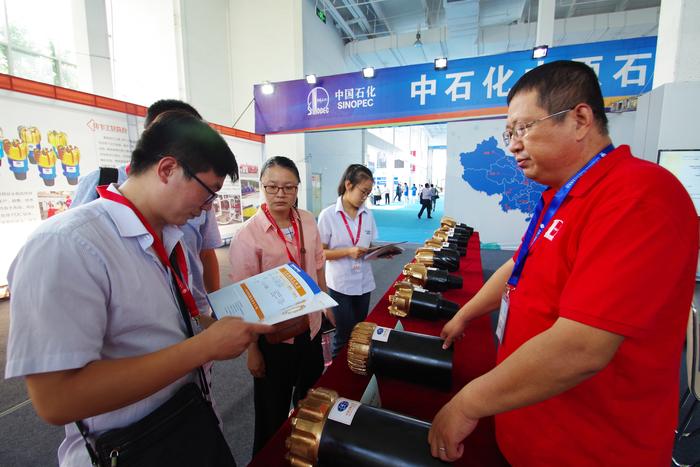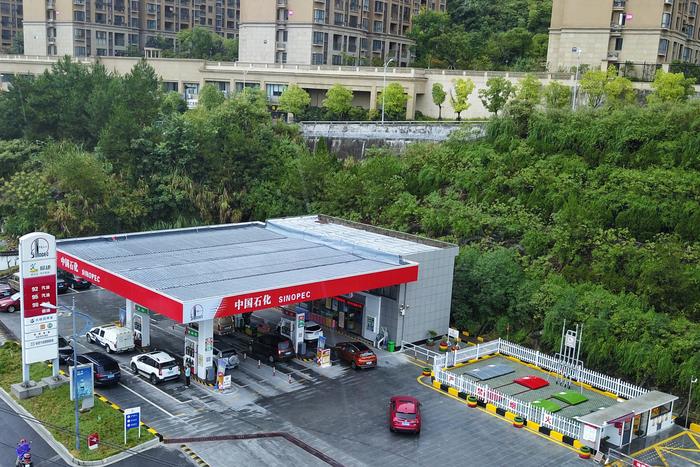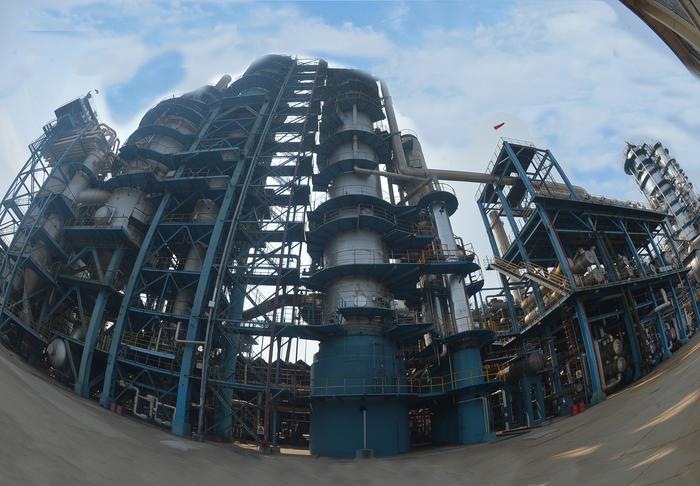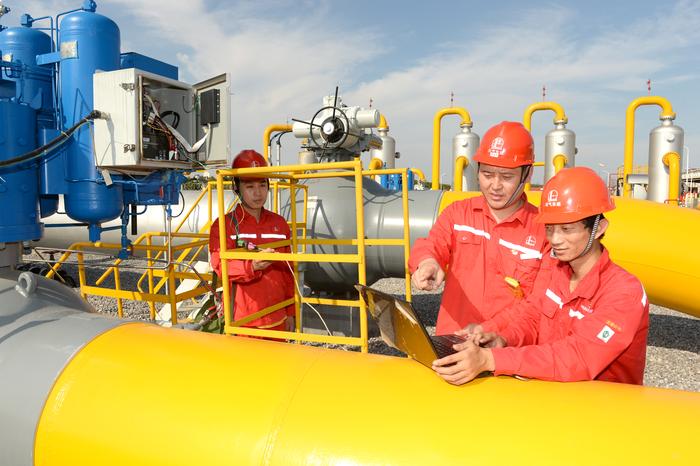|
| 2019-09-10 来源: 中国石化新闻网 |
| 石化新闻 |
中国石化新闻网讯 据阿拉伯贸易9月5日消息称,超声波在医学上的应用是众所周知的,但是现在阿伯丁大学的科学家们正致力于利用超声波技术来解决石油和天然气工业面临的大量难题。 该大学工程学院的 Hossein Hamidi博士赢得了联合资助,用于开发解决井下生产油管结垢问题的技术,该结垢问题会阻碍流体流动。 英国石油和天然气管理局估计,北海约有180口油井存在结垢问题,仅2017年一年,该行业就损失了约1.06亿英镑。 Hamidi博士的项目将使用超声波监测并通过放置在管道上的波发射传感器去除油垢,这些传感器将从管道内部“敲击”油垢。该项目将探索如何根据数量、功率、频率、位置等因素来达到最佳效果。 Hamidi博士解释说:“传统的预防和去除油垢的方法有很多种,比如化学法、机械法或液压法。” “这些技术一般需要大范围的表面生产,可能导致管道腐蚀和退化,可能使用成本高,并且可能有潜在的环境危害。 “这项基于超声波的技术是一项环保、低能耗、低运营成本的技术,可以通过去除油垢提高油井产能,降低运营成本。” “我们希望在这个项目中实现的是通过一系列实验在实验室中验证该技术,然后在模拟油藏温度和压力下测试该技术的性能。” 该项目由石油和天然气技术中心通过其“征求意见”倡议共同资助,该倡议专门寻求改造油井建设的意见。年内,本计划不断寻求创新意念和概念,以应付成员及更广泛业界所认同的特定行业挑战。 OGTC的项目工程师Sarah Kirkwood评论道:“油垢是油田中一个顽固的挑战,虽然它已被广泛研究,但将超声波技术扩展到整个生产期间的防垢是一项有趣的创新,启发了我们的评审团队。” “这个概念不仅有可能产生经济影响,在保护环境方面也是一个有趣的主张。” 曹海斌 摘译自 阿拉伯贸易 原文如下: Ultrasound technology project aims to tackle scale formation in downhole production Its application in medicine is well known, but now scientists at the University of Aberdeen are aiming to use ultrasound technology to solve a multi-million pound problem facing the oil and gas industry. Dr Hossein Hamidi from the University’s School of Engineering has won joint funding to develop technology that will tackle scale formation in downhole production tubing, which hampers fluid flow. The Oil and Gas Authority estimates that approximately 180 wells in the North Sea have issues with scale formation, which cost the industry approximately £106 million in 2017 alone. Dr Hamidi’s project will use ultrasound to monitor and remove scale through wave-emitting transducers placed on the tubing that will ‘knock’ scale from inside. The project will explore how to achieve the best results based on quantity, power, frequency, placement, and other factors. “There are a variety of conventional methods to prevent and remove scales such as chemical, mechanical or hydraulic,” Dr Hamidi explained. “These techniques generally need a wide range of surface production, can cause corrosion and degradation of the pipe, may be expensive to use and may have potential environmental harm. “The proposed ultrasound-based technology is an environmentally friendly, low energy consumption and low operating cost technique that can contribute to the improvement of well productivity and reduction of operation costs by removing the scales. “What we hope to achieve in this project is to validate the technology in the laboratory through a series of experiments, before testing the performance of the technology under simulated reservoir temperatures and pressures.” The project is co-funded by the Oil & Gas Technology Centre through its ‘Calls for Ideas’ initiative, which specifically sought ideas for transforming well construction. Throughout the year, the programme seeks innovative ideas and concepts to tackle specific industry challenges identified by members and broader industry. Sarah Kirkwood, Project Engineer at the OGTC, commented: “Scale is a notorious challenge in the oilfield, and whilst it has been widely studied, extending ultrasound technology to include scale prevention throughout the production period was an interesting innovation that inspired our review team. “This concept not only has the potential to make an economic impact, it is an interesting proposition in terms of safeguarding the environment.”
|








